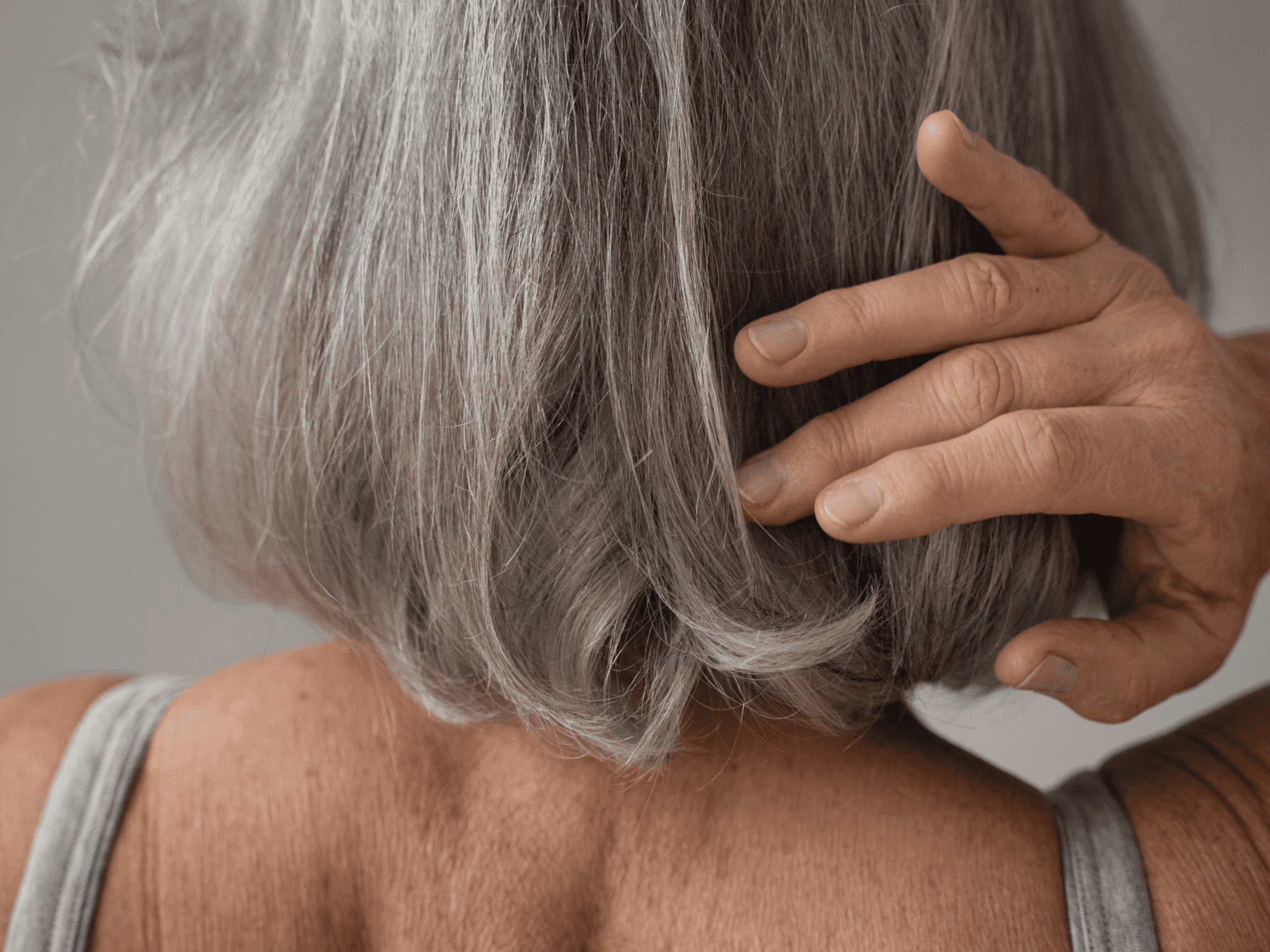
Unraveling the Threads of Change
Hair Medical Restoration
Menopause is a natural biological process that marks the end of a woman's reproductive years, typically occurring in her late 40s or early 50s. While it is often associated with a range of symptoms, such as hot flashes and mood swings, one lesser-discussed but significant issue is hair loss. Menopause-related hair loss can be distressing for many women, affecting their self-esteem and overall well-being. In this article, we will explore the relationship between menopause and hair loss and discuss potential strategies to manage this common concern.
The Hormone Connection
Hormones play a pivotal role in the development and maintenance of hair. Estrogen, a key female hormone, contributes to hair health by promoting hair growth and thickness. During menopause, the ovaries produce fewer hormones, leading to a drop in estrogen levels. As estrogen levels decline, the balance between androgens, the male hormones present in women, may be disrupted. Higher androgen levels can lead to hair thinning and loss, a condition known as androgenetic alopecia. This hormonal shift is a leading cause of hair loss during menopause.
Types of Menopausal Hair Loss
There are two primary types of hair loss that women may experience during menopause:
- Thinning Hair
This type of hair loss is characterized by a gradual reduction in hair thickness and volume. Hair may become finer and less dense, making the scalp more visible.
- Hair Shedding
Women may notice increased hair shedding, often due to a condition called telogen effluvium. This results in hair loss from all over the scalp, rather than in specific areas, and can be triggered by physical or emotional stress.
Managing Menopausal Hair Loss
While menopausal hair loss can be distressing, there are several strategies that can help manage this issue:
- Hormone Replacement Therapy (HRT)
Consult with one of our doctors at HMR about HRT, which can help balance hormone levels and reduce hair loss.
- Balanced Diet
Consume a diet rich in vitamins, minerals, and proteins, as they are essential for hair health. Consider supplements like vitamin D3, biotin in some cases and even nutrafol can be beneficial, but it varies from patient to patient that’s why it is very important to come here for a consultation.
- Scalp Care
Use gentle shampoos and conditioners, and avoid excessive heat styling. Regular scalp massages can also promote blood circulation.
- Stress Management
Manage stress through relaxation techniques like yoga, meditation, or deep breathing exercises, as stress can exacerbate hair loss.
- Avoid Harsh Treatments
Minimize chemical treatments, such as hair dyes, perms, and straighteners, which can weaken hair.
- Topical Treatments
Over-the-counter topical treatments like minoxidil may promote hair growth. Consult with one of the HMR doctors before use.
- Protect from Sun
Shield your hair and scalp from sun damage by wearing a hat or using UV-protective products.
- Supportive Styling
Opt for hairstyles that don't pull on the hair, and avoid tight hair accessories.
- Lifestyle Changes
Exercise regularly and maintain a healthy weight, as this can contribute to overall well-being and potentially reduce hair loss.
- Consulting a Specialist
If hair loss persists or is severe, consider consulting a specialist in hair and scalp health. At Hair Medical Restoration, in collaboration with Dr. Jorge Cortez, we offer both online and in-person consultations. These consultations are dedicated to assessing your specific case and needs. Our experts will conduct a comprehensive analysis, taking into account your individual circumstances, and provide personalized guidance based on your expectations and experiences.
Menopausal hair loss is a common concern among women experiencing this life transition. Understanding the hormonal changes that contribute to hair loss and exploring various management strategies can help alleviate the distress associated with this condition. While it may not be possible to completely reverse menopausal hair loss, taking proactive steps can lead to healthier, thicker hair and improved self-confidence during this significant life stage.
Remember that the effectiveness of these strategies can vary from person to person. It's important to consult a doctor, here in HMR we can help you for personalized advice and treatment options tailored to your specific needs.



